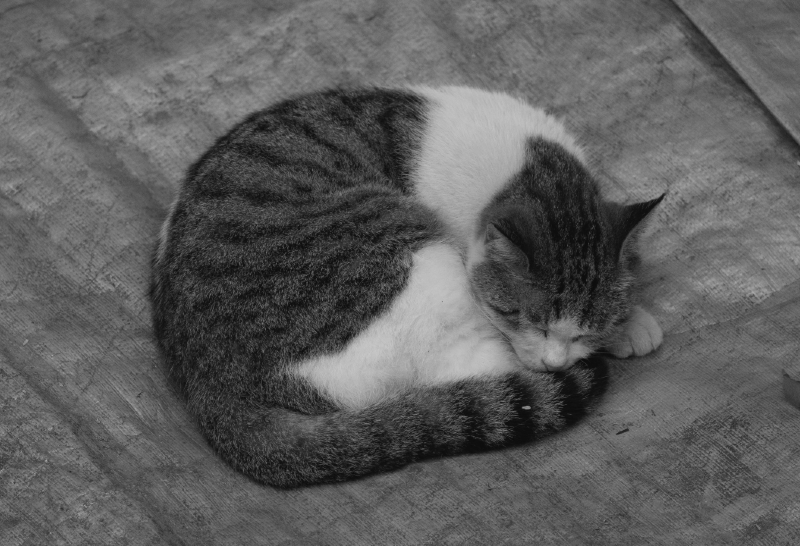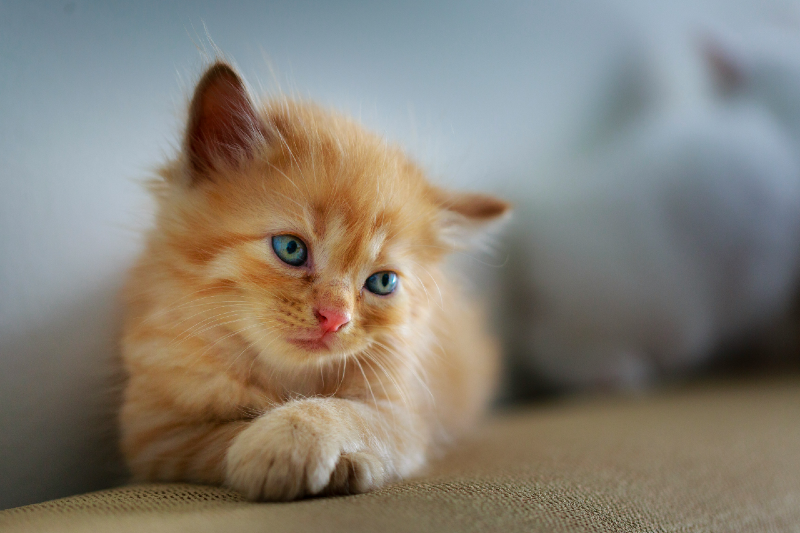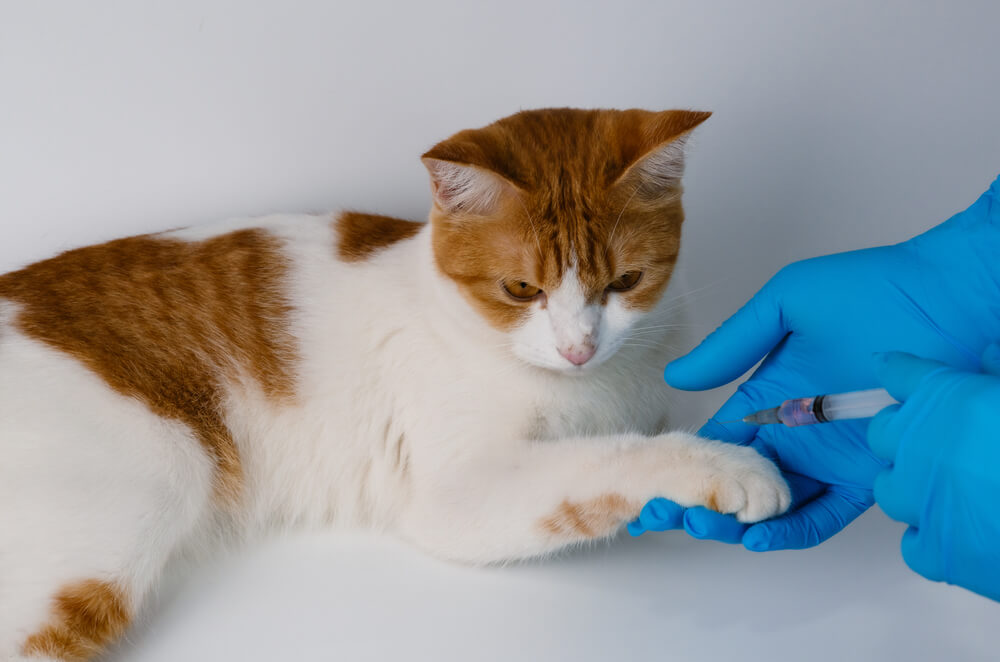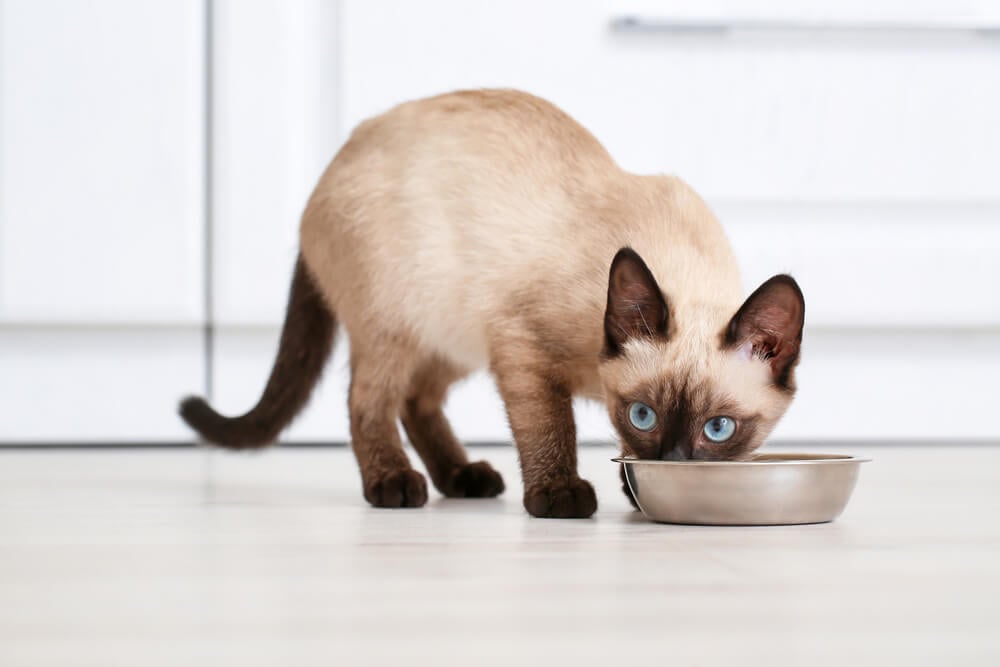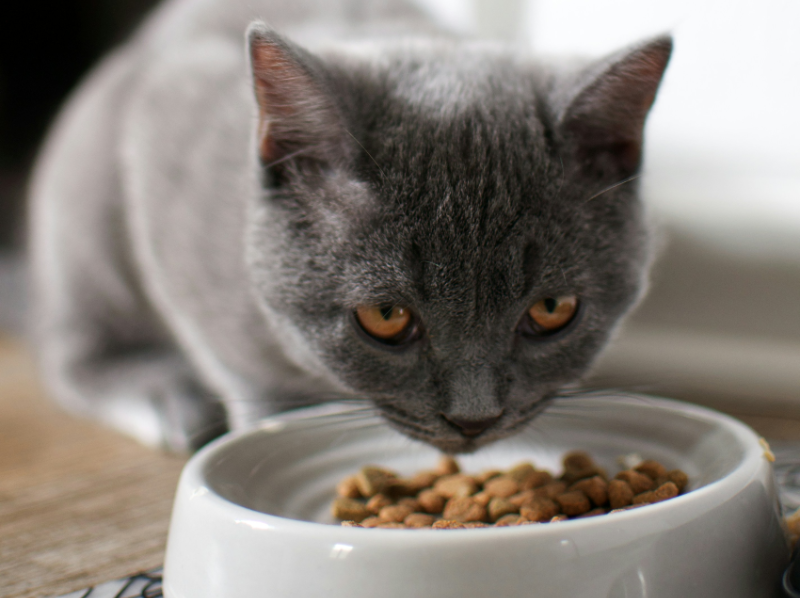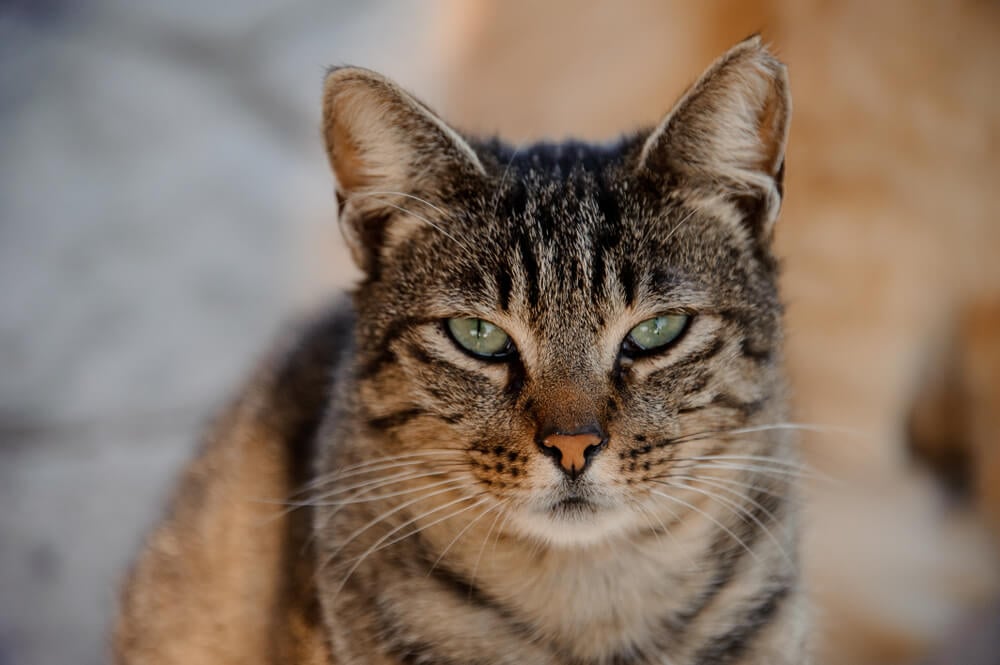
High phosphorus levels in cats is a common concern for pet parents. While we often hear about the risks of excess phosphorus, it’s important to remember that this mineral is essential for your cat’s health.
Phosphorus is naturally present in meat and an essential component of commercial cat food. So, if you’re feeding a complete and balanced diet, you usually don’t need to worry. However, it can be tricky — cat food labels don’t always list phosphorus levels and aren’t required to. So, how can you tell if your cat is consuming too much?
To help, we’ve written an article with CFA nutritionist Laura Ward to break down everything you need to know about phosphorus and how to manage your cat’s intake.
What is phosphorus?
Phosphorus is an essential mineral that helps build bones and teeth, store and use energy, and maintain normal PH levels. It’s naturally present in many foods and available as a dietary supplement. In the form of phospholipids, phosphorus also contributes to cell membrane structure and is a key element in the body’s energy production through adenosine triphosphate (ATP).
Why is phosphorus important for cats?
Phosphorus is an essential mineral for your cat’s health and serves multiple functions in their body, including:
- Maintaining strong and healthy bones and teeth
- Supporting proper vitamin D and calcium levels
- Regulating protein, fat, and carbohydrate metabolism
- Aiding in cell growth, maintenance, and repair
“Phosphorus is a part of DNA and RNA, every cell and B vitamin co-enzymes,” says Laura. “Phosphorus is present in many areas and systems of the body, and phosphorylation, a part of oxidative reactions of energy-containing nutrients, relies on phosphorus too.”
Why too much phosphorus is bad for cats
While phosphorus is necessary for health, excessive levels can be dangerous. “Too much of the mineral can interfere with calcium and magnesium absorption,” says Laura.
High phosphorus levels in cats can lead to a condition known as hyperphosphatemia, which can cause:
- Low calcium levels, leading to bone breakdown
- Decreased bone density, resulting in weak bones, pain, and fractures
- Increased risk of kidney disease progression
What is high phosphorus in cats?
“Excess phosphorus can lead to nutritional secondary hyperparathyroidism and contribute to renal injury, especially in cats with impaired kidney function,” adds Laura.
Hyperphosphatemia occurs when phosphorus levels in a cat’s blood are too high, often due to kidney dysfunction or imbalances in calcium and phosphorus levels. Since phosphorus and calcium work together in the body, an excess of phosphorus can lead to calcium depletion, causing serious health issues.
Causes of high phosphorus in cats
Several conditions can lead to high phosphorus levels, including:
- Chronic Kidney Disease (CKD)
Cats with CKD struggle to excrete phosphorus, leading to a buildup in the blood. This is a common and serious complication that must be managed to prevent further disease progression.
- Acute Kidney Injury
Conditions such as urinary obstructions or toxin ingestion can damage the kidneys and impair phosphorus elimination.
- Hyperthyroidism
Excess thyroid hormones can accelerate tissue breakdown, releasing phosphorus into the bloodstream.
- Bone Cancer and Osteoporosis
Bone-related diseases can disrupt the phosphorus-calcium balance, leading to increased phosphorus levels.
High blood glucose levels may contribute to phosphorus imbalances.
- Excess Vitamin D Ingestion
Too much vitamin D can lead to increased phosphorus absorption from the intestines and decreased kidney excretion.
- Tumor Lysis Syndrome
Cancer treatments can cause damaged cells to release excess phosphorus.
“Hypoparathyroidism may result in hyperphosphatemia due to increased renal phosphorus reabsorption in the absence of PTH,” says Laura. “While any cat can develop hyperphosphatemia, older and overweight cats are at a higher risk due to conditions like CKD and diabetes.”
Symptoms of high phosphorus in cats
The symptoms of high phosphorus levels in cats can vary depending on the underlying cause, but may include:
- Decreased appetite
- Lethargy
- Nausea or vomiting
- Weight loss
- Tooth loss
- Muscle tremors
How to avoid too much phosphorus
While not all cases of hyperphosphatemia can be prevented, cat parents can take steps to reduce the risk:
- Maintain a healthy weight – Preventing obesity can lower the risk of conditions like diabetes and kidney disease.
- Feed a complete and balanced diet – Ensure your cat is eating nutritious meals and is receiving the correct portions for their age.
- Store medications safely – Keep vitamins and supplements, especially those containing phosphorus or vitamin D, out of reach.
- Schedule regular vet checkups – Routine blood work can help catch imbalances early.
Is cat food high in phosphorus?
Complete and balanced cat food has a minimum phosphorus level, but there is no stated maximum for cats (there is for dogs). Therefore, your cat could be high in phosphorus.
Phosphorus levels in commercial cat food can vary significantly. However, phosphorus is not always listed on food labels, making it difficult to determine the exact amount of a given product.
What can cat parents do?
Since phosphorus is not always disclosed on cat food labels, pet parents can:
- Consult their veterinarian for dietary recommendations, especially if their cat has kidney disease or is at risk.
- Look for veterinary-formulated renal diets, which typically have controlled phosphorus levels.
- Research brands that provide phosphorus content upon request.
Could you ask the brand for the calcium and phosphorus levels? Look at foods where this is declared.
We uphold the highest editorial standards when creating the authoritative content pet parents rely on and trust.
Every piece of clinical content on the Cat Food Advisor is reviewed by our certified Veterinary Advisory Board, which consists of licensed veterinarians and medically certified specialists.
Our reviews are completely independent; we are not paid by any pet food company to promote their products favorably. We do not accept money, gifts, samples or other incentives in exchange for special consideration. For more information see our Disclaimer & Disclosure page.




